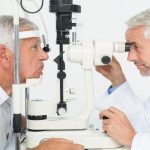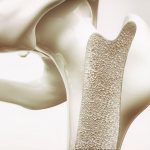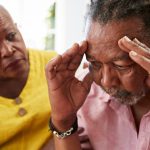
When the late Brown University researcher Catherine Kerr had cancer, she benefited from an ancient Chinese practice known as qigong and began looking into its impact on others. Now, her colleagues are building on Kerr’s work, studying how practicing qigong affects a person’s perception of fatigue in a small group of 24 female cancer patients just out of treatment. They found that qigong was as effective at reducing fatigue as an energy-intensive exercise and nutrition program. It might also be easier for someone tired after weeks or months of treatment to begin. Stephanie Jones, an associate professor of neuroscience who led the study for Brown University’s Cancer Institute for Brain Science, called the results remarkable. “Fatigue in cancer survivors is extremely debilitating, which Cathy knew well because she lived it and she had undergone a number of types of treatment. And exercise can be really challenging,” Jones explained. “Physical exercise we know is good for fatigue, but it can be really difficult when you’re tired,” Jones noted. “This is a very gentle, slow movement, meditation-based practice that is showing clinically relevant improvement.” Fatigue is a common experience for cancer survivors, 45% of whom experience it at a moderate to severe level, according to the study. It can be an even bigger burden than pain, nausea and depression, the authors said. Exercise can help. This is… read on > read on >



























-300x200.jpg)










